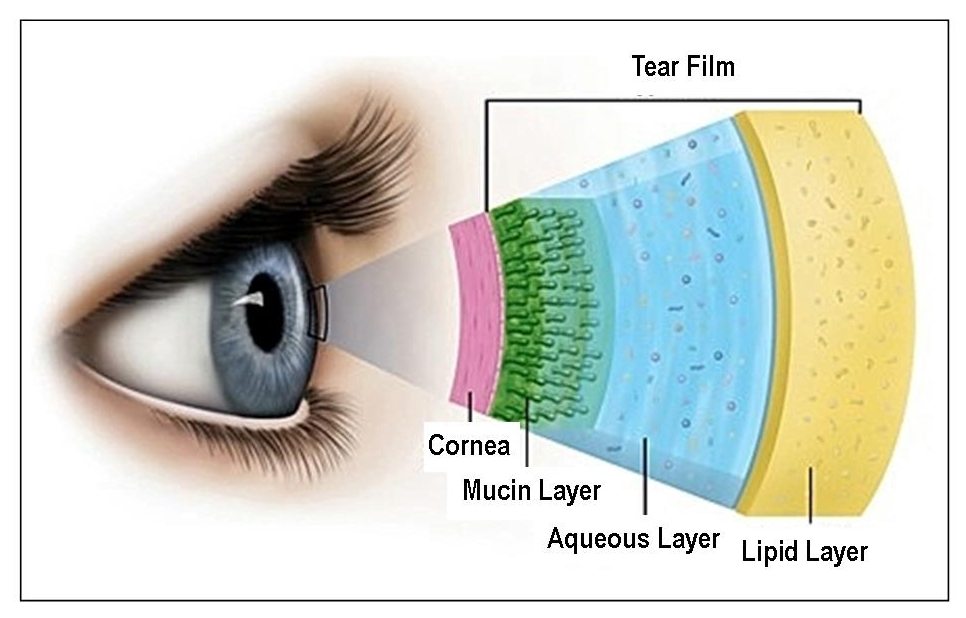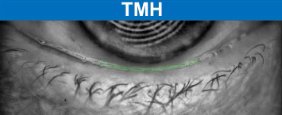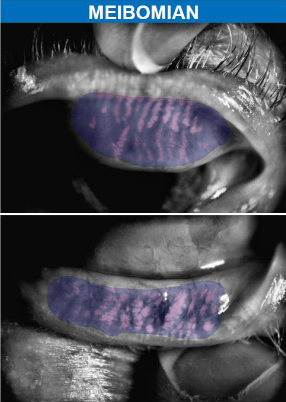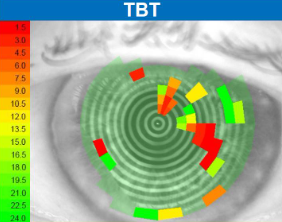
The eye is considered one of the most important organ of the human body
Our brain receive 80 percent of its information from the eyes. It is important to take care of our eyes as negligence may lead to unwanted eye conditions and diseases including dry eye. Dry eye disease is a common condition that occurs when our tears is not able to provide adequate moisture and nourishment to the eyes. It is important to go for your dry eye screening at regular intervals.
Read more (Eyes, the Windows of our Overall Health that Makes our Future Colorful)
About dry eyes
Our eye produce tears that is necessary to maintain a healthy eyes in order to provide clear and comfortable vision. Dry eye disease occurs when our tear production is not sufficient enough to nourish, moisten and prevent infection on the eyes. This will cause dry eye symptoms and if left untreated, may result in damage to the front surface of the eye.
Structure of the tears
Our tear film is less then 1/10 th thickness of a human hair. It comprises of 3 layers namely the lipid layer, aqueous layer and mucin layer.
1) Lipid layer:
- The oil layer and the outer most layer of the tears.
- This layer is produced by our meibomian glands.
- It helps to prevent our tears from evaporating and also help to spread our tear film evenly across
- the surface of the eye.
2) Aqueous layer:
- The water layer and the middle layer of the tears.
- This layer is produced by our lacrimal glands.It is rich in protein and provides oxygen and nutrients to the front part of our eye, the cornea.
- This layer also helps to flush away debris, toxins and foreign body.
3) Mucin layer:
The inner most layer of our tears.
- This layer is produced by the goblet cells.
- It aids in holding the tear film to it’s surface (the cornea).
Causes of dry eyes
On average, one in every six people have dry eye. However, for Asian decent, the figure doubles to one in every three. Here are the causes associated with dry eye disease:
- More common in women than in men (especially during hormonal changes caused by pregnancy or menopause).
- Systemic medication (eg. antihistamine, antidepressant, antihypertensives etc.)
- Topical medications such as glaucoma drops.
- Skin disease around the eye (eg. rosazea or eczema).
- Meibomian gland dysfunction, which result in the low production of the oil layer our our tears causing our tear to evaporate quickly.
- Eye surgery such as refractive surgery (LASIK), cataract, keratoplasty or cosmetic surgery.
- Ocular allergy.
- Prolonged use of computer and digital devices will decrease our blinking rate (by about 66%) when we are too focus on the screen, thus resulting in less tear exchange which will lead to dry eyes.
- Medical conditions such as diabetes, thyroid, Sjogren’s syndrome, rheumatoid arthritis, and collagen vascular diseases can reduce tear production.
- Excess or insufficient dosages of vitamins.
- Chemical or thermal burns.

Symptoms of dry eyes
Among the symptoms for dry eyes includes:
- eye redness or soreness
- excessive tearing
- stinging or burning sensation
- grittiness
- mucus discharge
- eye sensitive to smoke or wind
- light sensitivity
- blur vision
- eye fatigue after reading even for a short time
- difficulty to keep the eyes open
- discomfort when wearing contact lenses
- eyelids sticking together when getting up in the morning

Ways to treat dry eyes
Here are some dry eye treatments, which your Optometrist or Ophthalmologist may recommend after a proper dry eye examination:
Artificial tears eye drops to restore or maintain adequate tear levels.
- Warm compression to remove gland blockage on the eyelid.
- Omega 3 supplement to stimulate tear production and improve quality of tears.
- Lid wipes for lid cleansing.
- Speciality contact lens for dry eyes.
- Tear duct procedure to improve tear drainage.

Vision Space Optometrist checks for dry eyes. The dry eyes examination includes evaluating the amount of tears, the quality of tears and how long can the tears stay on the surface of the eyes as well as the condition of the meibomian glands.
We help to treat your dry eyes accordingly, depending on the root cause of the problem. In more severe cases, we are most likely to refer you to the ophthalmologist who specializes in dry eyes.
At Vision Space, we want to be known to be providers of great service to our customers. We will go the extra mile to serve you for many, many, many years! We promise you to provide the best eye care possible by our team of trusted and passionate optometrists using the latest eye care
equipment to keep your eyes healthy forever. Also, we constantly seek and source internationally for several types of eyewear that look great on you, is super comfortable, and enhance your personality. Kindly visit our official website to get the best eye care and the best eyewear as per your choices and preferences.

